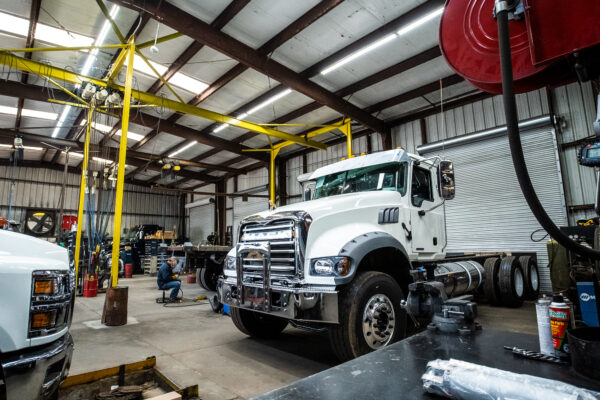Commercial heavy equipment refers to a wide range of machinery and vehicles used in various industries such as construction, mining, agriculture, and transportation. These equipment are designed to perform heavy-duty tasks that require immense power, durability, and efficiency. In this article, we will provide a comprehensive guide to commercial heavy equipment, including its types, uses, benefits, and maintenance.
Types of Commercial Heavy Equipment
There are various types of commercial heavy equipment available in the market, each designed for specific tasks. Some of the most common types include:
- Excavators: These are large machines used for digging, demolition, and earthmoving tasks. They come in different sizes and configurations, including crawler, wheeled, and mini excavators.
- Bulldozers: These are powerful machines used for pushing and grading soil, rocks, and debris. They are commonly used in construction and mining industries.
- Loaders: These machines are used for loading and transporting materials such as sand, gravel, and debris. They come in different types, including skid steer, backhoe, and wheel loaders.
- Cranes: These are machines used for lifting and moving heavy objects. They come in different types, including tower, mobile, and overhead cranes.
- Dump trucks: These are vehicles used for transporting materials such as dirt, rocks, and debris. They come in different sizes and configurations, including standard, articulated, and off-road dump trucks.
Uses of Commercial Heavy Equipment
Commercial heavy equipment is used in various industries for different purposes. Some of the most common uses include:
- Construction: Heavy equipment is used for building roads, bridges, buildings, and other infrastructure projects.
- Mining: Heavy equipment is used for extracting minerals and ores from the ground.
- Agriculture: Heavy equipment is used for planting, harvesting, and processing crops.
- Transportation: Heavy equipment is used for transporting goods and materials from one place to another.
Benefits of Commercial Heavy Equipment
Commercial heavy equipment offers several benefits, including:
- Increased productivity: Heavy equipment can perform tasks faster and more efficiently than manual labor, resulting in increased productivity.
- Cost-effective: Heavy equipment can perform tasks that would require several workers, resulting in cost savings.
- Safety: Heavy equipment is designed with safety features that protect workers from accidents and injuries.
- Versatility: Heavy equipment can perform a wide range of tasks, making it versatile and adaptable to different industries.
Maintenance of Commercial Heavy Equipment
Proper maintenance is essential for the longevity and efficiency of commercial heavy equipment. Some of the maintenance practices include:
- Regular inspections: Inspect the equipment regularly to identify any issues or damages.
- Lubrication: Lubricate the equipment to reduce friction and wear.
- Cleaning: Clean the equipment regularly to remove dirt, debris, and other contaminants.
- Repairs: Repair any damages or issues immediately to prevent further damage.
Conclusion
Commercial heavy equipment is an essential component of various industries, providing power, efficiency, and versatility. Understanding the different types, uses, benefits, and maintenance practices of heavy equipment is crucial for maximizing its potential and ensuring its longevity. By following the proper maintenance practices, heavy equipment can provide reliable and efficient service for many years.





More Stories
How Global Trade Moves Faster Through Structured Border Compliance?
Seeing More Behind the Wheel Why Truck Backup Camera System Matters
Electric Rescue ATV Vehicle Redefining Rapid Response in Complex Terrain